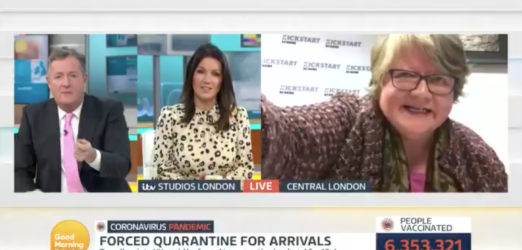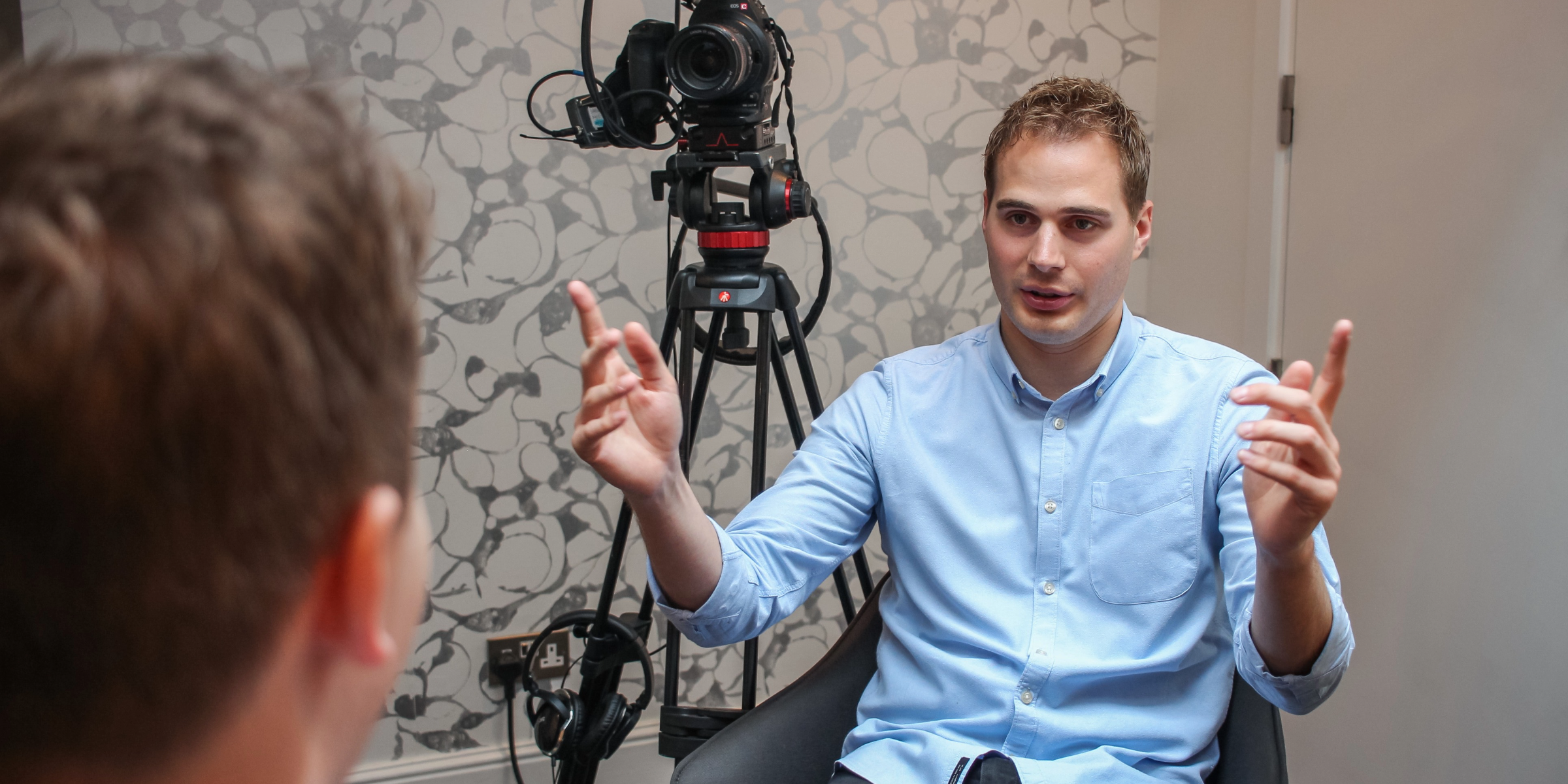Every now and then a little gem arrives upon our screens, a classic case of how NOT to handle a broadcast interview. This week it was the gift of Pensions Minister Thérèse Coffey, who’d been sent out by the government to do the rounds, speaking to broadcasters about anything Covid related. Having survived the heat of others, it was her interview on ITV’s Good Morning Britain, with Piers Morgan and Suzanna Reid, that set her adrift.
When there isn’t an answer!
Whilst other government ministers had managed to appear evasive and even mystified, as to why the UK has the highest coronavirus death rate in the world, Ms Coffey went for a different approach. As The Guardian’s John Crace so aptly put it, “Coffey made the elementary error of giving a direct answer to a direct question.”
The problem with this for Thérèse Coffey is that there is no conclusive answer to the question. So, when she declared the UK’s death rate is attributable to an ageing and obese population Piers Morgan pounced. For him, this was gold – a summing up of what’s been described as the biggest health crisis in a generation – neatly explained a way in a nice, little soundbite.
The minister then spent most of the rest of her time on-air back-tracking, accusing Piers Morgan of being insulting for repeating what she had just said, before saying she had other journalists waiting to speak to her and pressing the Leave button on her Zoom link. It was indeed a classic car crash of a broadcast interview.
Good media training would have, in my belief, prevented so much of the above. Some of the elements we recommend include:
Decide on three key messages
In preparing for a broadcast PR interview decide what three things are most important for you to communicate. Whether on radio or television, broadcast interviews are generally pretty short. With the figures just out, showing the UK as having the highest coronavirus death rate in the world, a question on what had caused this was a given. Therefore at least one of the Minister’s key messages should have included a response to that.
What’s the worst question you could be asked
A spokesperson knows beyond anyone else which question they most fear. A question that is difficult to answer, or doesn’t have an answer, is a likely candidate for this. Then think about the answer and practise it. When we media train spokespeople we always say the purpose of the training is two fold: to understand how to give the journalist what they want at the same time as communicating your key messages.
Practise some techniques
The best way to respond to a difficult question is as easy as ABC. A stands for acknowledge. You need to acknowledge the journalist’s question, otherwise they will be justified in repeating the point until you do. B is a prompt for bridge. This is a form of words that can take you from the acknowledgment of the question to C, a change of topic.
Never pick a fight
Accusing Piers Morgan of starting the interview late is going to be a red flag to a bull. It probably wasn’t down to him anyway, it would be those pesky output producers in the studio gallery. But worse than that it sounds arrogant. Did she really think she is SO important that it’s her way or the high way? And other broadcasters might not be thrilled when any guest is late, as it creates a hole in the schedule, but with live television and radio they’re used to it. Even the least media savvy viewer could see she was only using a late running interview as an excuse. Getting personal and attacking the interviewer rarely turns out well.
Antagonistic and aggressive – that makes for very entertaining television, but for all the wrong reasons.
Media trained spokespeople are the norm
When I was a broadcast journalist in the mists of time a spokesperson who had been media trained were an exception. But times have changed and there is now an expectation on the part of the broadcasters that spokespeople will be excellent, articulate performers. Rookie mistakes, which get sent round social media like wild fire, would not happen if the spokesperson had been allowed to make them in the privacy of a training room (or currently, on Zoom) rather than in public.
Try media training for yourself
We like to put a money where our mouth is which is why we’re offering you the chance to try our media training with our free Media Training Taster Session. It’s taking place on Zoom on Thursday 11th February, 2020, at 1630 for about an hour. We’re keeping the numbers small so that anyone who wants to can have a go at being interviewed by one of our expert trainers (they all have journalistic and comms experience).
It’s a bit of a “try before you buy” as we give you, in an hour, a sample of what you might expect to get during a half or full day’s media training.
For more about our media training click here:



